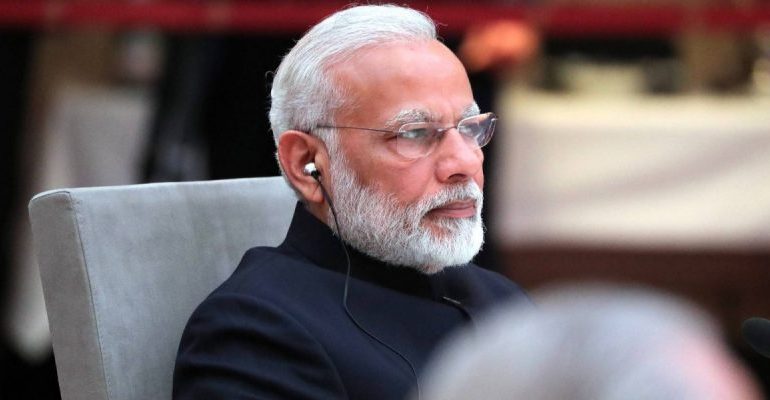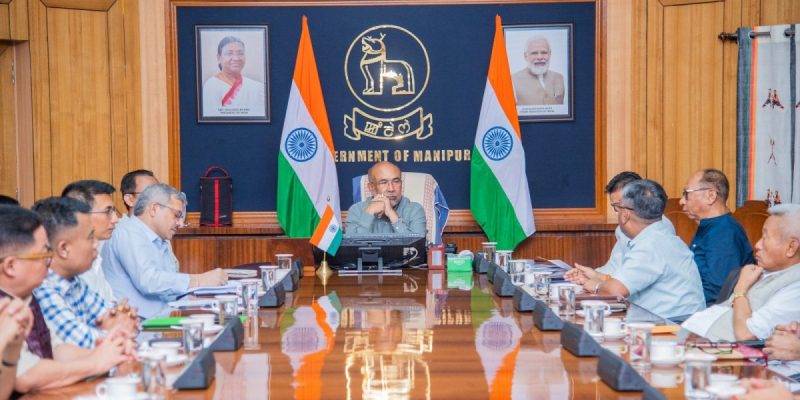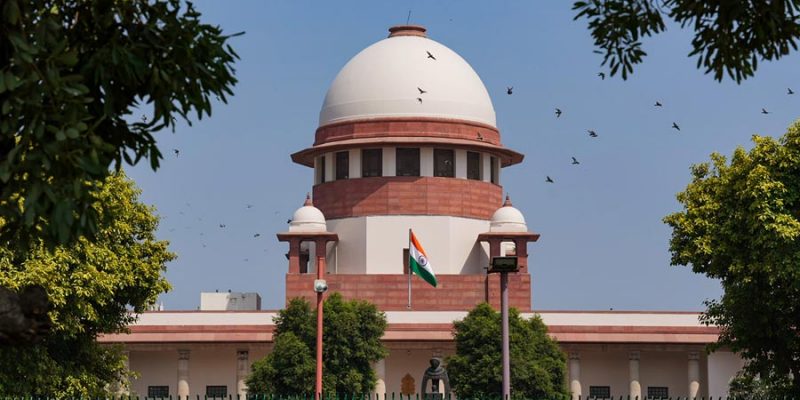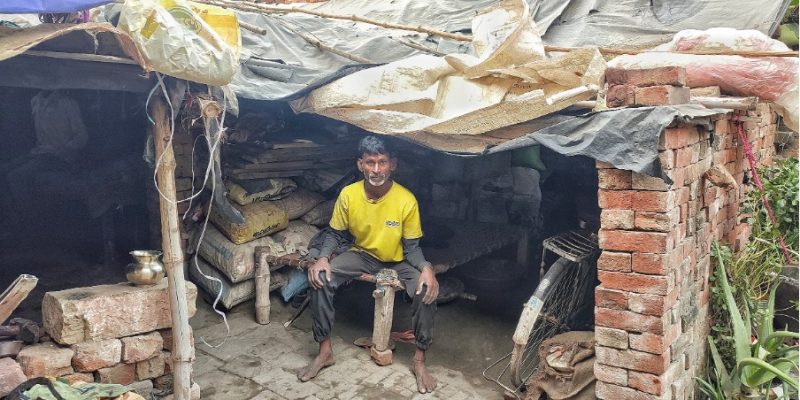International Publications Tie Canada’s Allegations to Modi Govt’s Perceived Crackdown on Dissent

New Delhi: Two analysis pieces and an editorial in three foreign publications – The Atlantic, The Economist and The Times – have connected allegations levelled by Canada over India’s role in the murder of a Sikh activist to the Narendra Modi government’s strongman politics.
All three have mentioned increasing global perception of Modi as a figure who cracks down on dissenters and the press.
‘The Killing in Canada Shows What India Has Become’
The Atlantic noted in its analysis this shifting perception of the Modi government.
“The Indian government has denied involvement in the killing, but under Prime Minister Narendra Modi, it has become illiberal at home and bellicose abroad, such that assassinations on foreign soil are no longer an unimaginable part of its agenda,” it said.
And then: “New Delhi, in other words, could well be a government that will do anything to silence dissidents.”
The article traces the Khalistani movement, including the bombing of the Air India flight in 1985 and the assassination of late prime minister Indira Gandhi.
The article says that Nijjar’s activism was peaceful and at odds with the alleged terror activities of those who have been killed in India.
“If India is behind Nijjar’s killing, its actions don’t reflect fears of Sikh secession so much as India’s transformation into an illiberal state where the government has elevated one religion – Hinduism – at the expense of all others, and where policy makers tolerate little dissent.”
The article claims that so far Sikhs have been “spared the worst ethnonationalist measures,” compared to Muslims, for instance, but that they are “no longer as exempt” after this week’s events.
As reason, the article cites Sikh farmers’ roles in the historic protests that led to the withdrawal of the farm laws by the Modi government in 2021.
The article also observes why United States’ claim that India is its natural friend might not be true if the latter is “trying to create not a great, peaceful democracy but an avowedly Hindu power that dominates South Asia.”
‘If India ordered a murder in Canada, there must be consequences’
The Economist said that India has “long been accused of assassinating militants and dissidents in its own messy region; never previously in the friendly and orderly West.”
Noting the present imbroglio, the magazine noted, similar to Atlantic that America and its allies should consider this a warning shot against their own eager to overlook the “too frequent abuses” of the Modi government.
Similar to the above analysis, the outlet traces the alleged killing as an extension of the government’s crackdown against dissenters.
“On its own turf it has muzzled the press, cowed the courts and persecuted minorities, even though none is a threat to it. The alleged assassination in Canada, too, appears gratuitous as well as wrong.”
The making of martyrs out of separatist leaders is ultimately a gift to their beleaguered cause, the piece notes. This causal feeling of insecurity in India is a feature of its rapid rise, Economist says.
“The country is almost invariably weaker than its leaders publicly proclaim, yet stronger than they privately fear—and that mismatch is a recipe for miscalculations of this kind.”
The piece also says that the West’s claim of shared values opens them to charges of hypocrisy. “If the investigation confirms Indian involvement in this crime, it is time for a tougher line,” it says.
The Times view on the killing of Hardeep Singh Nijjar: Prime Suspect
The Times noted that if the allegation of Canada – a nation called “ostensibly friendly” by the paper – is true then it could mark a turning point in how India is perceived internationally.
“Mr Modi, a substantial figure in global politics, could find himself cast alongside Vladimir Putin as a rogue actor,” it said.
This editorial too notes how under Modi’s “muscular instincts,” India has slipped down global rankings for religious and press freedom.
The editorial cites the BBC office raids following the documentary on Modi’s role in the Gujarat riots.
“Despite fears about his growing authoritarianism Mr Modi has maintained his position in the global mainstream. But killing Mr Nijjar, who was designated by Delhi as a terrorist for his championing of a Sikh homeland in the Punjab, takes India out of that mainstream and into the dubious company of “hit job” states like Russia.”
This is a serious headache for the British, who are caught between two powerful Commonwealth members, this editorial says, adding that the diplomatic fallout from this affair is likely to be extensive.







